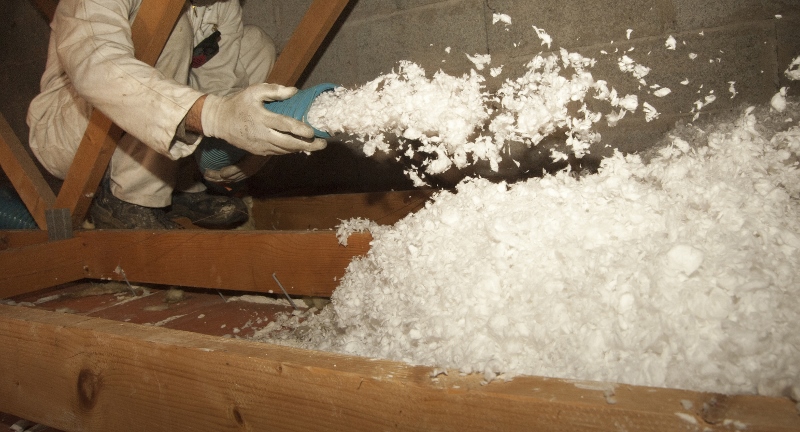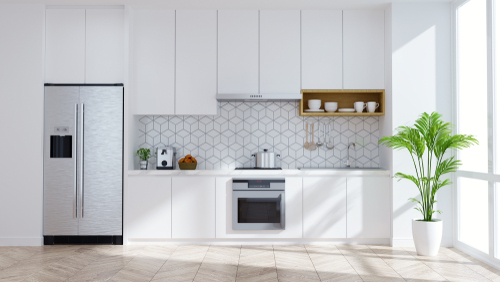When it comes to maintaining a comfortable home or workplace, proper insulation is key. Insulation upgrades can help reduce energy costs, improve indoor air quality, and increase overall comfort. In this article, we will discuss when and why you should consider insulation upgrades.
Understanding Insulation
Insulation is a material that is used to prevent heat transfer between spaces. It works by creating a barrier that slows down the movement of heat. There are many different types of insulation materials available, including fiberglass, cellulose, spray foam, and more. The type of insulation you choose will depend on factors such as your budget, the climate you live in, and the areas of your home or workplace that need to be insulated.
When to Consider Insulation Upgrades
If you live or work in an older building, you may need to consider insulation upgrades. Older buildings were often constructed without insulation, or with inadequate insulation by today’s standards. In addition, over time, insulation can become damaged, degraded, or settle, which can reduce its effectiveness.
Here are some signs that you may need insulation upgrades:
- High energy bills: If your energy bills are higher than you would like, it could be a sign that your insulation is not doing its job. Insulation helps to keep hot air out in the summer and in during the winter, reducing the need for heating and cooling.
- Uneven temperature distribution: If you notice that some rooms are significantly colder or warmer than others, it could be a sign that your insulation is insufficient or has settled.
- Drafts: If you feel drafts or cold spots in your home or workplace, it could be a sign that there are areas that are not properly insulated.
- Noise pollution: Insulation also helps to reduce noise pollution from outside sources. If you are experiencing excessive noise, it could be a sign that your insulation is inadequate.
Why You Should Consider Insulation Upgrades
- Energy Savings: Proper insulation can significantly reduce energy consumption, resulting in lower energy bills. This is because it helps to maintain a consistent indoor temperature, reducing the need for heating and cooling.
- Increased Comfort: Proper insulation can help to maintain a more comfortable indoor environment by keeping out drafts, reducing temperature fluctuations, and preventing moisture buildup.
- Improved Indoor Air Quality: Insulation can also help to improve indoor air quality by reducing the infiltration of pollutants, allergens, and moisture.
- Reduced Environmental Impact: By reducing energy consumption, insulation upgrades can also reduce your carbon footprint and help to protect the environment.
Choosing the Right Insulation Upgrades
When choosing insulation upgrades, it is important to consider factors such as the type of insulation, the R-value, and the location of the insulation. The R-value is a measure of the insulation’s resistance to heat flow, with higher values indicating better insulation performance.
Here are some common insulation upgrades:
- Attic Insulation: Upgrading attic insulation can significantly reduce energy costs and improve indoor comfort. This is because heat rises, making the attic a prime area for heat loss.
- Wall Insulation: Wall insulation can help to reduce energy consumption and noise pollution by creating a barrier between your home or workplace and the outside environment.
- Floor Insulation: Insulating floors can help to prevent heat loss through the ground and reduce noise pollution from below.
- Air Sealing: Air sealing involves sealing gaps and cracks in your home or workplace to prevent air leakage, improving energy efficiency and indoor comfort.




